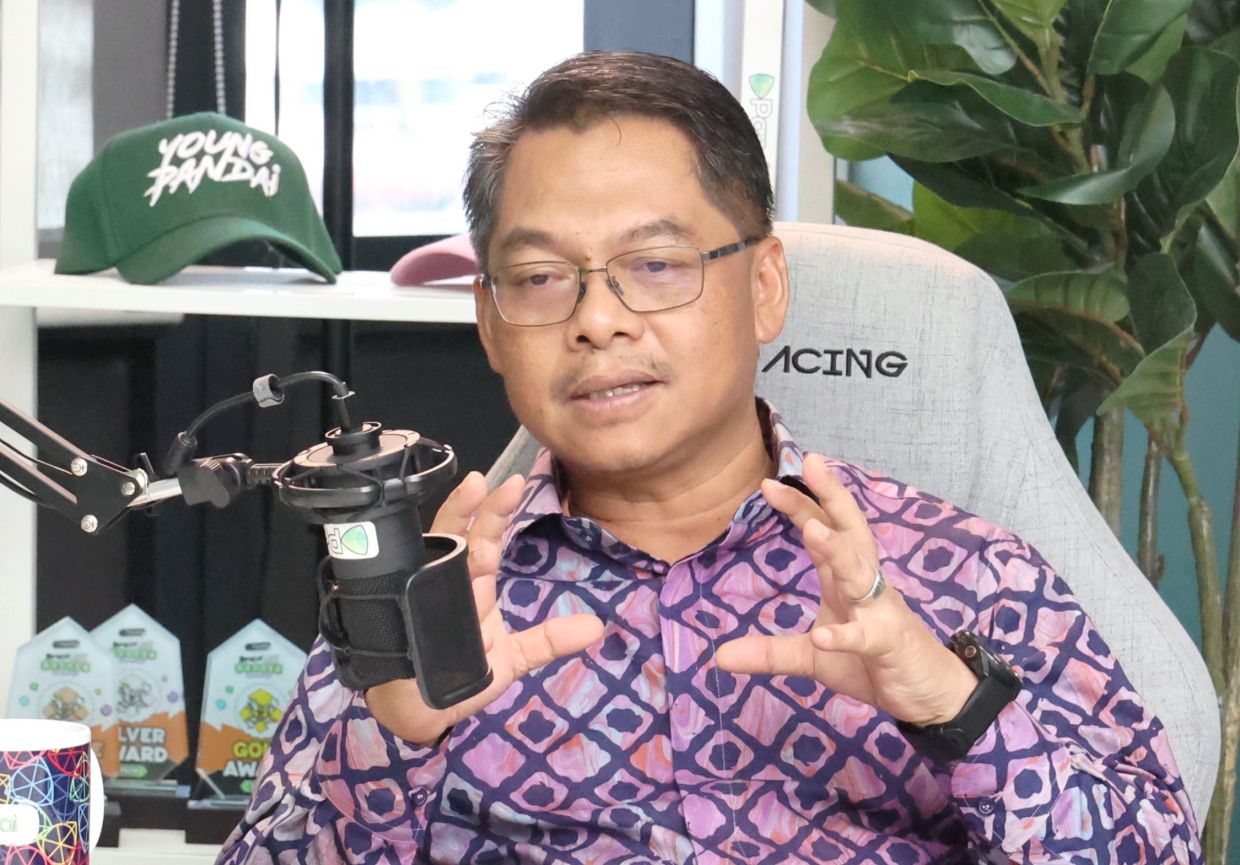PETALING JAYA: Improving airport security through a combination of artificial intelligence (AI), enhanced security measures and staff training is key to preventing future untoward incidents at airports, say experts.
This comes after a shooting incident at the Kuala Lumpur International Airport (KLIA).
Criminologist Datuk Dr P. Sundramoorthy suggested implementing AI into scanning devices to allow for better identification of potential threats before they even enter the airport.
“AI can help scanners distinguish potential threats, such as guns and knives, as machine learning algorithms can be trained to recognise specific patterns and signatures of dangerous objects, reducing the reliance on manual screening.”
Sundramoorthy, who is with Universiti Sains Malaysia’s Centre for Policy Research, added that combining AI with enhanced scanning devices, like advanced X-ray machines and explosive detection systems, would help security personnel better identify hidden threats.
“Having scanners and officers at all airport entry points would be a feasible option but requires significant financial investments and increased manpower.
“While it can significantly enhance security, it also needs to be balanced with cost-effectiveness and passenger convenience,” he added.
Crime analyst Kamal Affandi Hashim said incorporating AI into enhanced CCTV systems to detect suspicious behaviour would be key to preventing untoward incidents.
“AI can be trained to detect suspicious behaviour in the crowd, that will then be automatically flagged to allow for quick predictive policing,” he said.
He added that increasing the presence of security personnel along with the use of weapon-detecting trained dogs on patrols at airports would be a good supportive measure.
Criminologist Dr Zalmizy Hussin had a similar idea, adding that AI-enhanced CCTV systems could be integrated with existing scanner and access control systems to be more comprehensive.
“By analysing real-time video feeds and combining them with scanner data, AI can provide a more holistic approach to threat detection and prevention by basically automating most of the threat detection process.
“These integrated security systems, that connect various security technologies and databases, will allow for real-time monitoring, data analysis and coordinated response to security incidents.
“In addition to increasing airport security efficiency, accuracy, and cost-effectiveness, it also improves the overall passenger experience by reducing waiting times and increasing operational efficiency,” the senior lecturer at Universiti Utara Malaysia said.
Dr Zalmizy added that providing in-depth behavioural analysis training for police officers would also be key to supporting such AI security systems.
“These personnel should receive regular training on threat assessment, behavioural analysis, and response protocols to enhance their ability to identify and respond to security threats.
“Combined with public awareness campaigns on airport security measures and the importance of reporting suspicious behaviour, educate passengers on security protocols and encourage their active participation to serve as an additional layer of defence for airport security,” he said.







































